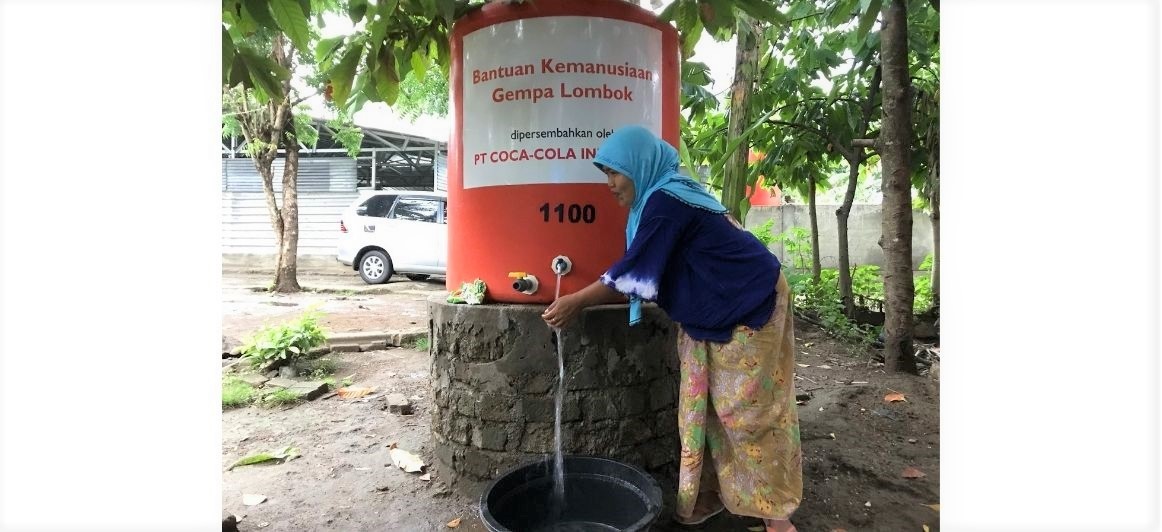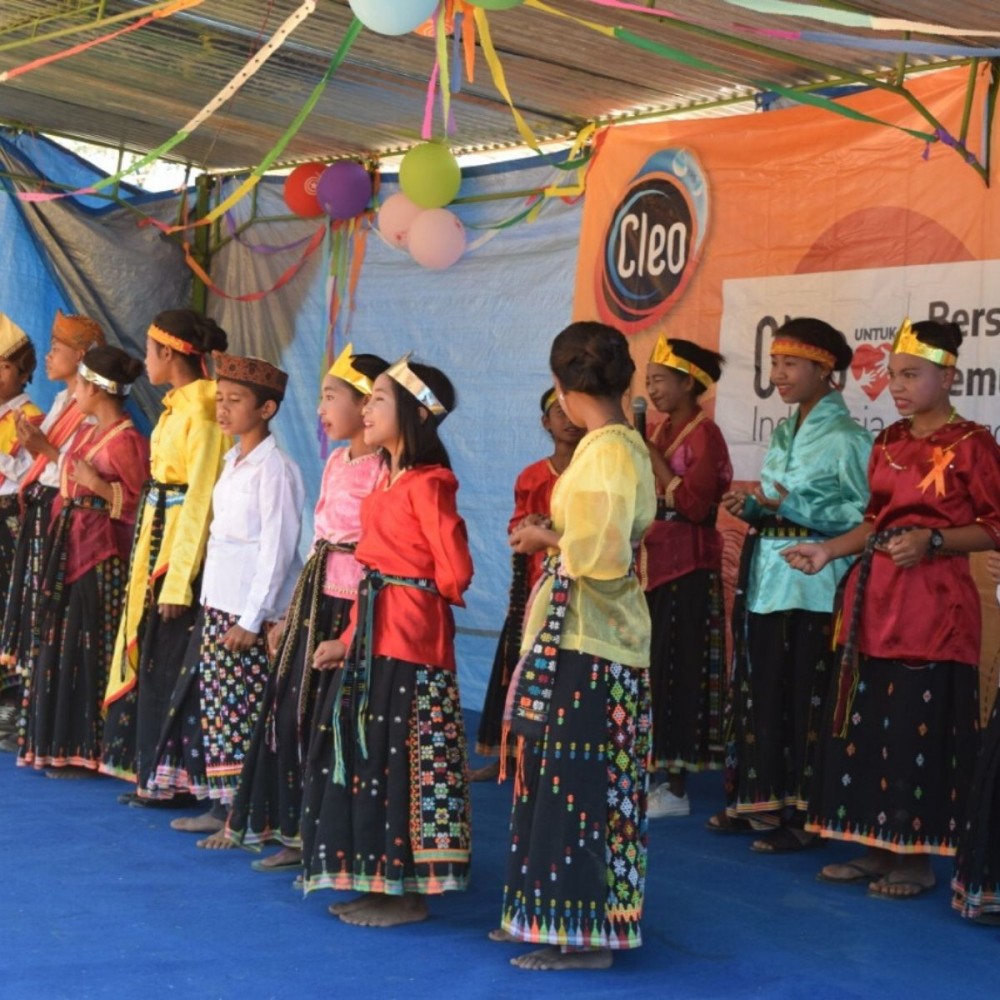RISE Project
Background
Southwest Sumba is one of Regency in Sumba island, East Nusa Tenggara Province. The learning outcomes of the Health District Office of Southwest Sumba said that malnutrition becomes the main problem in the area of Southwest Sumba and has reached 25 cases. The malnutrition happened by the cause of lack of food nutrition, dry land, and poverty issues.
Based on the condition, Wahana Visi Indonesia (WVI) supported by Wiliam & Lily Foundation (WLF) comes to Southwest Sumba and does the economic development program to increase the income of farmers through RISE (Rural Integrated Sector Empowerment) Project. Farmers become the majority occupation of people in Southwest Sumba. By doing this, hopefully, parents who get an increased income can use their money to solve the malnutrition cases.
Partnership
RISE project is implemented by WVI with several partners, such as the Swastisari Credit Union (CU), PT NUFARM as a provider of agriculture facilities, and also Agriculture District Office of Kodi District and North Kodi District.
WVI does the coordination activity with farmers group and PT NUFARM helps to provides the production inputs. Meanwhile, Swastisari CU gives the loan credit access for farmers.
The credit system is implemented so that farmers can borrow capital and pay loan services every month. After the harvest, the farmer is required to pay the debt and loan services.
This credit system is a new product for Swastisari CU. They give the grass period for farmers so that they don’t have to repay the loan principal and pay loan services every month. After harvesting, farmers have to pay their debt and loan services.
Project Implementation
RISE project is occurred by doing the farmer's group revitalization for 3 months supported by the facilitator. Twenty-four farmers group and 592 farmers are ready to be assisted to resolve four problems of Southwest Sumba, such as 1) weak coordination of farmers, where is many farmer groups are inactive, both organizations and members, 2) Low access to information for a good farming system, 3) Lack of capital to develop corn and 4) Lack of marketing access.
Assistance to farmers is carried out through farmer groups in each stage where field officers from each party go down together in the field, answering all farmers' questions and solving problems encountered. The assistance process is also carried out until harvest, postharvest to marketing.
Through a series of communication with prospective buyers and discussions with farmers who explained the potential for production, some prospective buyers were interested in the corn produced by the RISE project. This is proven by the buyer is willing to buy corn above the market price of IDR2,800-IDR3,000/kg, while the price on the public market is only around IDR2,000-IDR2,500/kg.
The success of the price negotiation is due to the high amount of production, coordinated farmers, and the quality of production in accordance with the standard requirements. That way, there was a one-door sale. With the idea, transportation costs and other costs borne by the buyer can be reduced and added to the price received directly by farmers.


